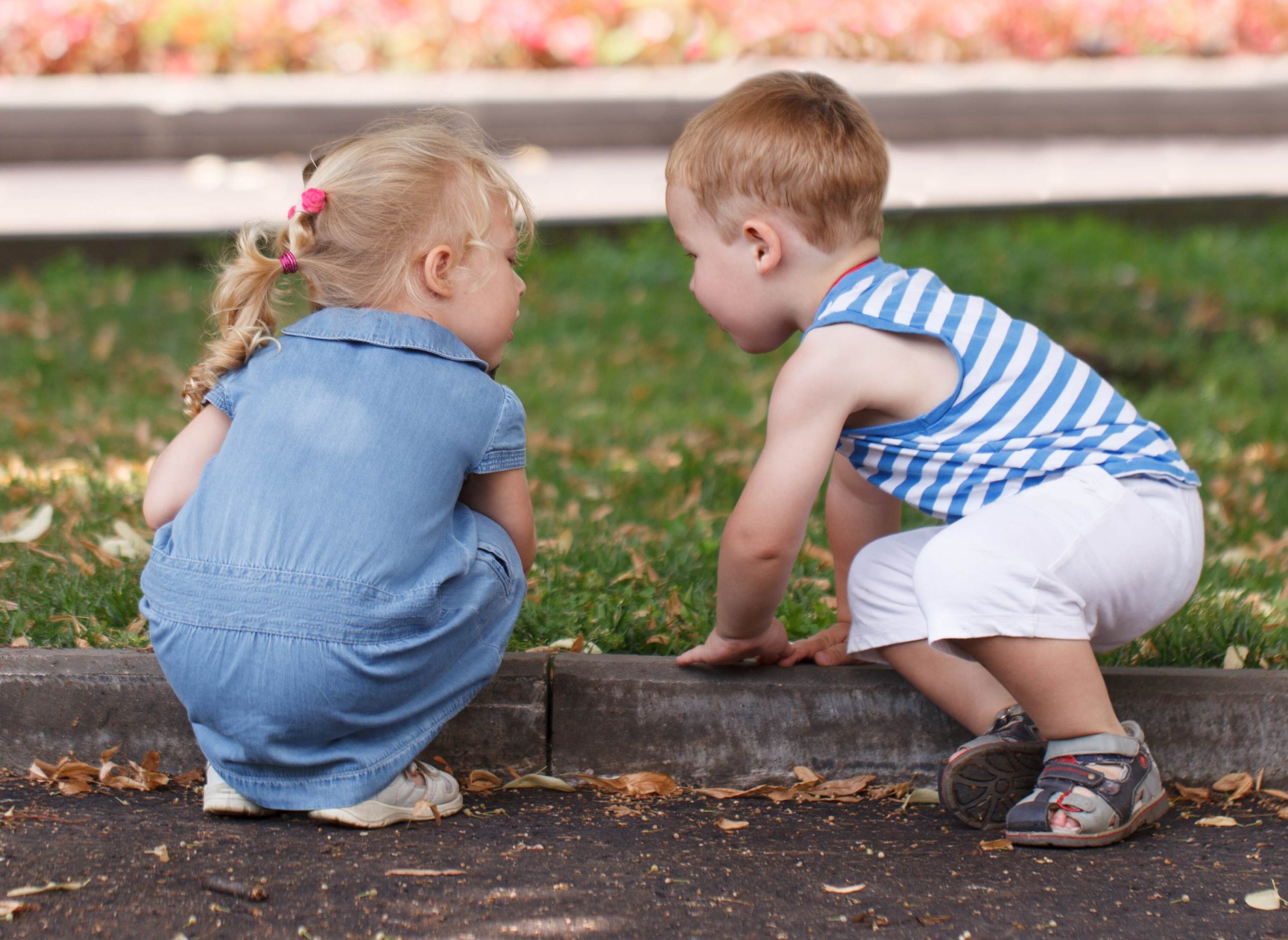
What Happens During Preschool? Guiding Preschoolers in Decision Making
Preschool plays a pivotal role in a child’s development. It serves as a gateway to new experiences, environments, and social interactions that shape their future. Among the many skills learned during this period, decision-making stands out as crucial. Decision-making fosters independence, confidence, and self-esteem in preschoolers. This article explores the preschool experience and offers guidance on how to support your child’s decision-making abilities.
Social and Emotional Development
Social and emotional skills take center stage during preschool. Here, children learn the fundamentals of cooperation, sharing, and emotional expression. Interactions with peers foster crucial abilities like conflict resolution, negotiation, and empathy, laying the groundwork for future relationships and emotional well-being.
Language and Communication Skills
Preschool marks the beginning of language and communication development. Children absorb new vocabulary, refine grammar, and learn to express themselves effectively. Exposure to spoken and written language enhances literacy skills, setting the stage for academic success and self-expression.
Cognitive Development
Preschoolers embark on a journey of cognitive growth, embracing decision-making, critical thinking, and problem-solving. Through play and exploration, they expand their imagination, curiosity, and love for learning, laying a solid foundation for academic knowledge.
Motor Skills
Motor skill development flourishes in preschool, encompassing both gross and fine motor abilities. Children master movement control, balance, and coordination while engaging in physical activities that promote overall well-being.
Making Decisions
Preschoolers delve into the realm of decision-making, learning to weigh options and anticipate consequences. Guidance from parents and caregivers helps them navigate choices and develop sound decision-making skills.
Helping Preschoolers Make Better Decisions
Supporting preschoolers in decision-making is pivotal. By providing clear guidance, modeling good decision-making behaviors, and fostering critical thinking, parents empower their children to make informed choices.
Learning Through Play
Play serves as a cornerstone of preschool learning, fostering social, emotional, cognitive, and physical development. Through various forms of play, children hone problem-solving skills, creativity, and a love for learning.
Building Self-Esteem
Nurturing self-esteem is essential during preschool years. Positive reinforcement, encouragement, and a supportive environment cultivate confidence and resilience in children.
Developing Relationships
Preschoolers begin forging relationships, learning social skills, and empathy. Parents can facilitate this process by encouraging interactions, providing opportunities for group activities, and teaching conflict resolution.
Developing Independence
Independence blossoms in preschool as children learn to accomplish tasks autonomously. Encouraging responsibility, goal-setting, and decision-making fosters independence and self-reliance.
Cultural Awareness and Diversity
Preschoolers explore cultural diversity, learning about different traditions, languages, and customs. Exposure to diverse experiences promotes tolerance, respect, and appreciation for various cultures.
Developing Resilience
Resilience grows as preschoolers navigate challenges and setbacks. Problem-solving skills, encouragement, and emotional support from caregivers foster resilience and adaptability.
In conclusion, preschool lays the foundation for a child’s future success and well-being. By nurturing various skills and providing a supportive environment, parents and caregivers empower preschoolers to thrive academically, socially, and emotionally. Each child’s journey is unique, and by embracing their individual strengths and needs, we pave the way for a bright future.


